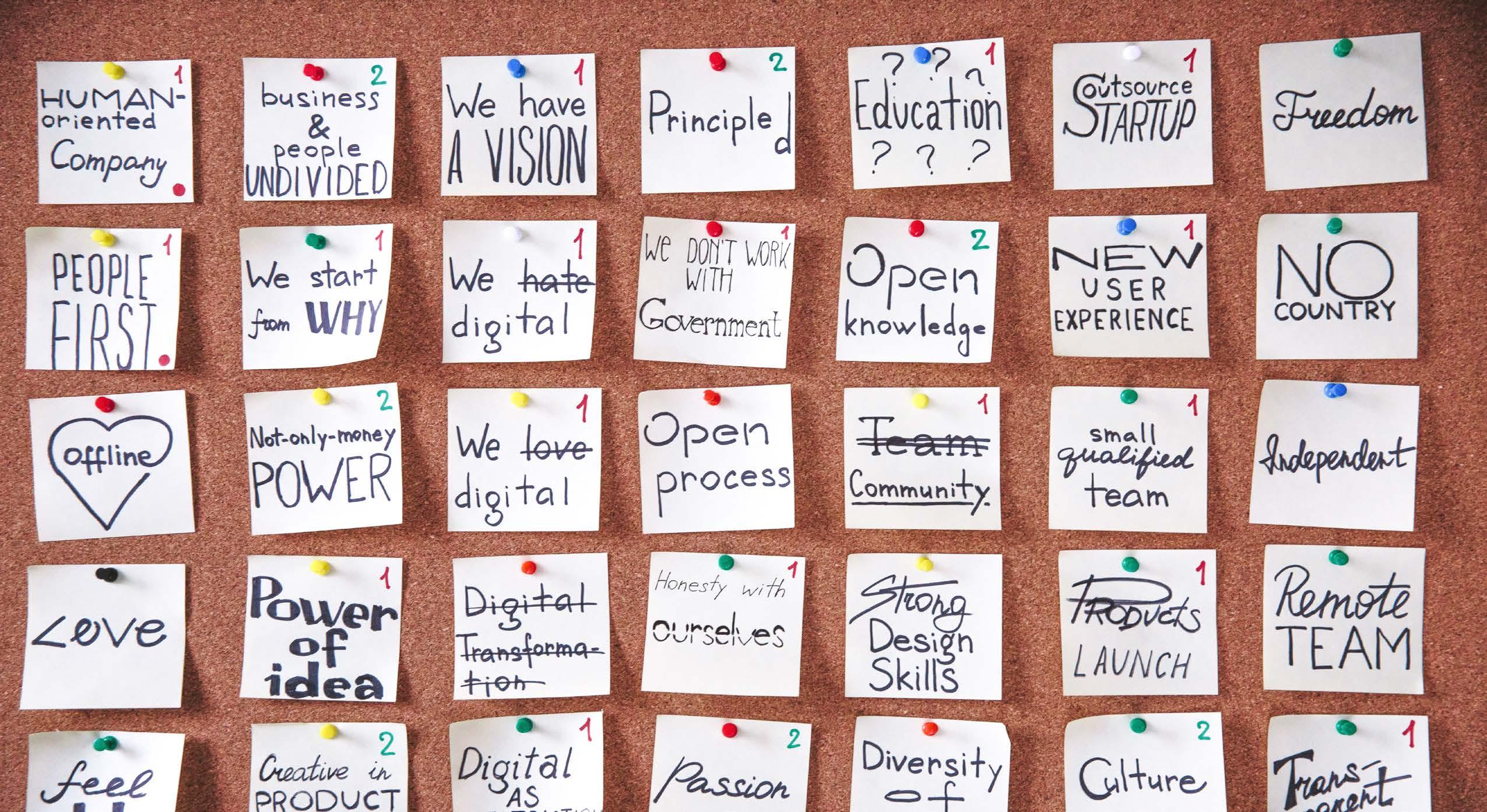
4 minute read
PERSONAL GROWTH
HOW TO BET ON YOUR OWN SUCCESS
Our lives are punctuated by episodes of setting goals, working towards achieving our goals, experiencing obstacles along the way, achieving the goals; and sometimes failing to achieve the goals. When we set goals or make plans we often see, through the eyes of our mind, victory all the way.
Advertisement
We see ourselves overcoming obstacles that come our way. We see ourselves conquering adversity of whatever form or magnitude. We’re blinded by the vision and we do this, without fail, every time we set our goals and make plans. However, in reality things don’t always work out as planned
When things don’t go according to plan there’s often chaos, unhappiness, disillusionment and stress as well. These things happen when we meet obstacles we didn’t plan for along the way. Some people believe that it’s prudent to have a ‘Plan B’ whilst others believe you don’t make plans for an alternative plan, stick with ‘Plan A’. This is a debate for another time altogether. What
I know, as a parent, is that through the journey of raising our children, alternative plans have made a BIG difference between having bliss or chaos. I’m saying this because how you get to your final goal is often not as important as getting to the goal - obviously within the legal bounds ;-).
One thing you can rest assured of is that life is great at throwing some curveballs.

So when those curveballs come our way, we better have a great plan and/or a better alternative plan on how to deal with those curveballs. So how do we ensure that we’re able to overcome these curve balls and boost our chances of success?
Based on my experience, here are some of my key factors on betting on your success in whatever you do.
Start with Clarity

Clarity is key. Starting with the end in mind is important. Before you jump into starting anything, be sure that you’re clear about what it is you’re getting yourself into and what your desired outcome is. If you start without the clarity of the desired outcome, it might be difficult or messy to bail yourself out when things fall apart. This applies to your career choice, choice of job, choice of employer, personal relationships, and business opportunities. Lack of clarity can lead to desperation, which can lead to you grabbing any opportunity that comes your way. Organisations conduct due diligence before closing deals. So, you too should investigate opportunities and have the clarity you need.
Cover all corners in your planning
Once you have the clarity you need, setting goals is the next prudent thing to do. There are different ways of doing this. The most basic way of setting goals is SMART goal setting - (SMART stands for Specific, Measurable, Achievable, Realistic/Relevant and Time specific). Setting SMART goals ensures that your goals are clear and specific, measurable, relevant and are time bound. This method of setting goals helps you to not be all over the place, bite more than you can chew, and find yourself out of your depth. It enables you to track your progress. This also helps you to be sure that the goal is really part of your dream and not someone else’s dream. So, cover all corners in your planning process.
Stay the Course

I am old enough to have attempted a number of ventures. Some I have walked away from, not because it was time to walk away, but because walking away was the easiest thing to do. I can guarantee you that if you’re in the habit of walking away when the heat intensifies in the kitchen, the only thing you’ll be great at will be starting. Success requires finishers. Finishers stay the course. When you have covered all the corners in setting your goals, the next thing should be about building a habit of executing to finishing the race. Finishing is very important. It reduces the rate of regrets. So be kind to yourself and finish what you start. All creations are a result of ‘finishing’. So, be a good finisher.
Embrace Failure
Here’s something we need to get used to: Failure is part of success. It always has and always will be. That’s just how life has been. Here are some people who have failed before they succeeded: Muhammadu Buhari (Nigeria’s President elect); Thomas Edison (inventor of the light bulb); JK Rowlings (author of Harry Potter books); the oppressed in South Africa; all children (learning to walk). You and I have also failed before. We have been through failure, but we don’t get used to what it does to us, do we? The trick is in how we relate to failure. Persevering through a series of failures requires the right psychology towards failure. Embrace failure, it’s here to stay until success arrives. Thomas Edison did it 10 000 times. Have ‘Plan B’
No one plans to fail, but failing to plan is planning to fail. I’m one of the many who believe that you must always have a ‘Plan B’. Businesses have contingency plans as part of their risk management. That is ‘Plan B’! You should have one too for your personal success journey. The challenge is that we often heavily invest, emotionally, in ‘Plan A’ such that we don’t have enough motivation to invest further in ‘Plan B’. See ‘Plan B’ as part of your planning. Ignore ‘Plan B’ at your own peril, you have been cautioned.
Through all of it, bet on you, bet on your success.

